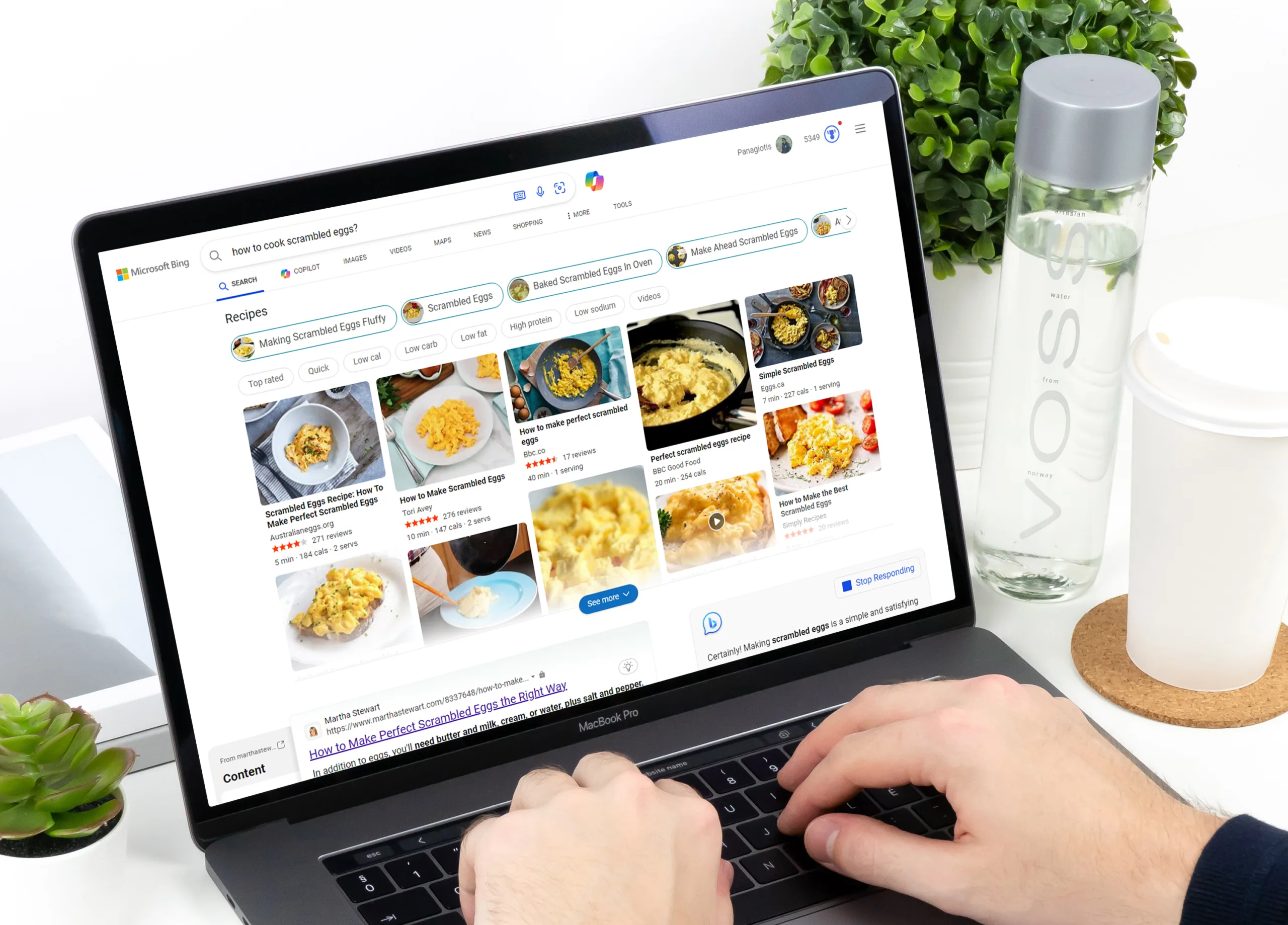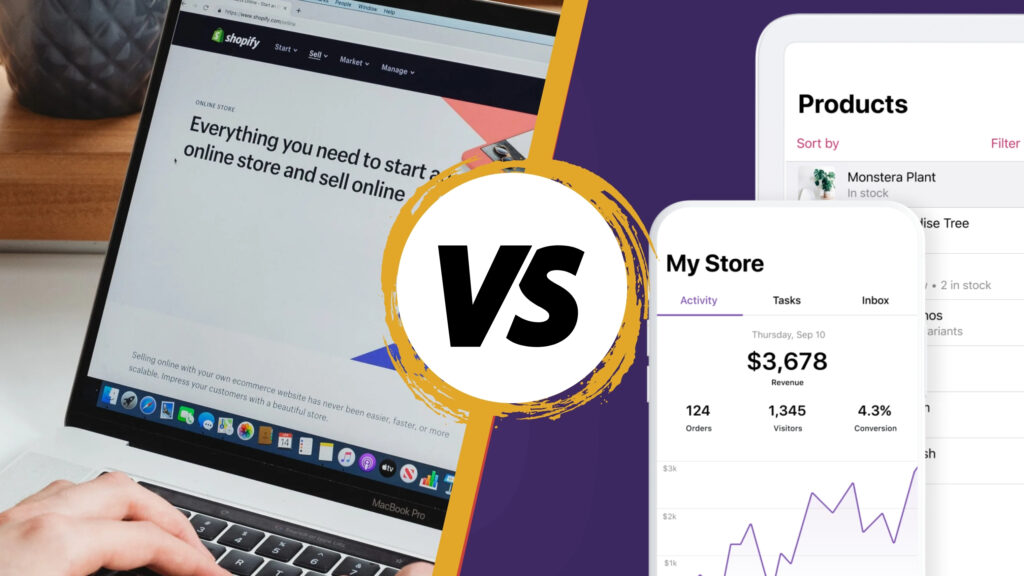Starting an online business can be both a rewarding and a profitable venture, but it also comes with its own set of challenges and risks. Whether you want to sell products, services, or content, you need to have a clear vision, a solid plan, and a reliable platform to succeed in the digital marketplace.
1. Choose a niche and a target audience with high demand

One of the first steps to starting an online business is to decide what you want to offer and who you want to sell. You need to find a niche that you are passionate about and have some expertise and experience in it, but also one that has high demand and potential for growth.
You can use tools like Google Trends, Keyword Planner, or Amazon Best Sellers to research popular topics, keywords, and products in your industry. You can also look at your competitors and see what they are doing well and what gaps they are leaving in their strategies, by using robust platforms such as SEMRush and Ahref, which provide a handful list of useful tools.
Once you have a niche idea, you need to define your target audience and create a customer persona that describes their demographics, needs, pain points, goals, and preferences. This will help you tailor your products, services, or content to their specific needs and wants. You can use tools such as Notion or Capacities to organize your ideas, plan, and most important tasks.
2. Set up your website and choose a domain name, hosting service, and e-commerce platform

Your website is the online home of your business and the main channel through which you will interact with your customers. Therefore, you need to make sure it is attractive, functional, user-friendly, and secure.
To set up your website, you need to choose a domain name that is relevant, memorable, and easy to spell and type. You also need to choose a hosting service that provides fast loading speed, high uptime, and good customer support.
Depending on the type of online business you are running, you may also need to choose an e-commerce platform that allows you to create and manage your online store, accept payments, track inventory, and handle shipping. Some of the most popular e-commerce platforms are Shopify, WooCommerce, and Squarespace.
3. Create high-quality products, services, or content that solve your customers’ problems

The core of your online business is the value that you provide to your customers through your products, services, or content. You need to create high-quality offerings that solve your customers’ problems or fulfill their desires in a way that is unique, innovative, and superior to your competitors.
You also need to communicate the benefits and features of your offerings clearly and persuasively on your website and other marketing channels. You can use testimonials, reviews, case studies, or demonstrations to showcase the results and satisfaction that your customers have achieved by using your products or services.
It may sound crazy, but taking a deep look at some of the most popular products with the highest sales and ratings found on TikTok is a great way to start. People use TikTok daily, and many of them are being targeted with product advertisements. Just by looking at the most popular ones, you can easily find out what people are looking for nowadays, and what are the most common complaints.
4. Develop a marketing strategy that attracts, engages, and converts your target audience

Having a great product or service is not enough if no one knows about it or trusts it. You need to develop a marketing strategy that attracts, engages, and converts your target audience into loyal customers and advocates for your brand.
Your marketing strategy should include:
- Search engine optimization (SEO): This is the process of optimizing your website and content for relevant keywords and phrases that your potential customers are searching for on search engines like Google or Bing. SEO helps you rank higher on search engine results pages (SERPs) and drive organic traffic to your website.
- Content marketing: This is the process of creating and distributing valuable, relevant, and consistent content that educates, entertains, or inspires your audience and builds trust and authority in your niche. Content marketing can include blog posts, articles, e-books, videos, podcasts, webinars, infographics, or social media posts.
- Social media marketing: This is the process of using social media platforms like Facebook, Instagram, Twitter, LinkedIn, or Pinterest to connect with your audience, increase brand awareness, generate leads, and drive traffic to your website. Social media marketing can include posting engaging content, running ads or campaigns, joining or creating groups or communities, or collaborating with influencers or other brands.
- Email marketing: This is the process of using email as a direct communication channel with your audience to deliver personalized messages, promote your products or services, nurture relationships, and increase conversions and retention. Email marketing can include sending newsletters, offers, announcements, or follow-ups to your subscribers or customers.
Including every marketing strategy that you can is crucial, and combining all of them together is the perfect way. If you’re low on budget or resources, take a good look at each marketing strategy and make sure that you include the most crucial ones. Taking a look at what your competitors are currently using as their main strategy may help you understand more about their sales, how they promote their products, and if they’re doing something wrong.
5. Monitor and measure your performance and make adjustments as needed

The last thing you need to know when starting an online business is how to monitor and measure your performance and make adjustments as needed to improve your results and achieve your goals.
You need to use tools like Google Analytics, Google Search Console, or Facebook Insights to track and analyze your website traffic, engagement, conversions, and revenue. You also need to set up key performance indicators (KPIs) and metrics that align with your objectives and help you evaluate your progress and success.
Some of the common KPIs and metrics for online businesses are:
- Website visitors: The number of people who visit your website in a given period.
- Bounce rate: The percentage of visitors who leave your website after viewing only one page.
- Average session duration: The average amount of time visitors spend on your website in a single visit.
- Conversion rate: The percentage of visitors who take a desired action on your website such as signing up for a newsletter buying a product or service contacting you etc.
- Customer acquisition cost (CAC): The average amount of money you spend to acquire one new customer.
- Customer lifetime value (CLV): The average amount of money a customer will spend on your business over their lifetime.
- Return on investment (ROI): The ratio of profit generated by your online business divided by the total cost invested in it.
By monitoring and measuring your performance and KPIs you can identify your strengths and weaknesses and optimize your strategies and tactics to increase your efficiency and profitability.
Conclusion
Starting an online business can be both challenging and rewarding. While it may sound difficult at first, taking everything one step at a time will help you complete every important task with ease. Make sure that you’ve chosen a popular niche that has a powerful target audience and high demand. Set up your website, choose a good domain name, and start building your e-commerce store with no-code platforms.
Creating and providing high-quality products, services, or content is crucial when it comes to people getting to trusting you. Make sure that your products or content solves your customer’s problems and answers their questions. Develop a marketing strategy that attracts, engages, and converts your visitors to clients, and keep monitoring and measuring your performance, making adjustments when needed.
Have any questions? Maybe a story to share? Use the comment system at the end of this page to share your experience, thoughts, ideas, and all the tips and tricks that may help other entrepreneurs and freelancers start more easily and avoid making big mistakes.
Uh, oh! Legal stuff! Yikes.. Yet important! Affiliate Links Disclaimer: Many of the links on my articles are affiliate links. That means if you click on one and make a purchase, I might earn a small commission, and I'll keep doing what I'm doing, reviewing everything with absolute honesty. Sounds good? Good.



